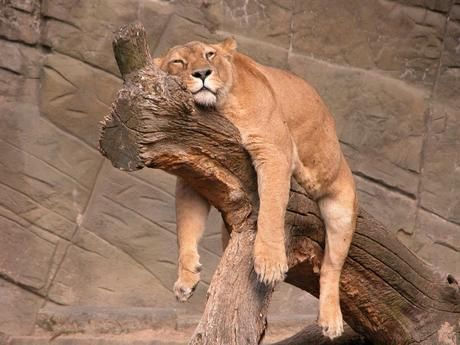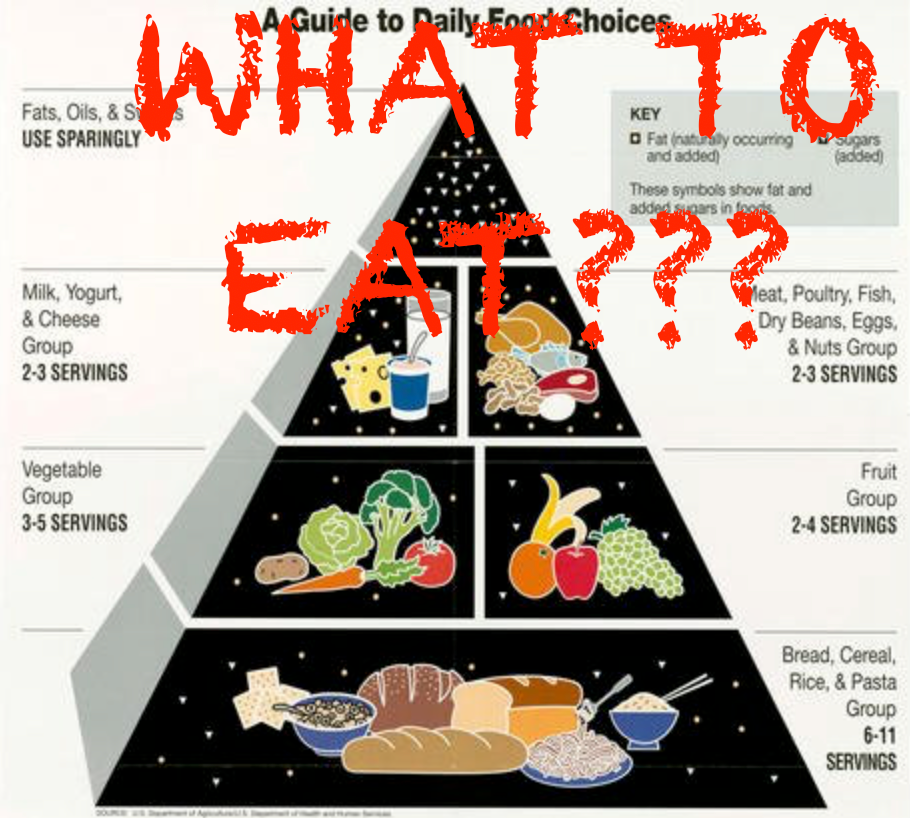The super secret club, are you in?
- Ryan Luby
- Jul 27, 2018
- 7 min read

There is an overwhelming amount of people who believe they are part of an incredibly secret club..
The club of short sleepers.
Not people who don’t sleep a lot, but people who have true genetic variations that allow them to thrive on little sleep without hindering their health in any way.
It’s become not only common, but a badge of honor to announce how few hours of sleep one needs to live.
It might as well be on a plaque, hung in every CEO’s office, how few hours of sleep that CEO needs on average each night.
Every other person you run into is certain they only need about 4, or 5, or 3, or 6 hours to survive.
While there is a real, short-sleeper club. Meaning, a group of individuals with genetic variations that allow them to not only survive, but thrive on very few hours of sleep. The truth is, statistically you have a higher probability of being struck by lightning in your lifetime than you do of being a short-sleeper.
So long story, long.. sleep is important, and odds are you are one in the majority who needs a lot of it. More than you think.
But I spent some time recently digging into why, and to learn more about wether sleep is truly rest, or rehabilitation.
I think part of the reason people like to pretend they don’t need much sleep is because we view sleep as rest, as opposed to rehabilitation. But evidence supports sleep is far more rehab than rest. To rest is to cease work in order to relax. By definition it becomes more clear why people abstain from admitting how much rest they are getting. After all, if everyone was so well rested they would have to talk about how great they feel each morning, how much energy they have, and how early they got to bed… who wants to hear from that weirdo? Instead, we prefer to hear about the pain, the struggle, how late you were up, how few hours you got, and how hard your life is so we can say, “I understand.” Now.. all is right in the world…
But rehabilitation, is the restoration of health through recovery, detoxification, and repair. Which is exactly what the body and mind does each night if given quality sleep. Talk to anyone who has gone through any formal rehabilitation after an injury.. and they will assure you, it is not rest. To say your body and mind spend 8 hours a night resting is doing a great disservice to the importance of sleep, and all of the work we go through each night. But I bet if everyone viewed sleep as rehab, we would be more likely to brag about how many hours of rehab we went through last night.
How we deal with stress:
You may already know that the reason we improve strength through exercise, is because exercising stresses our body. Literally tearing and shredding muscles through physical stress, then the body repairs those muscles, goes through a rehabilitation process and the muscles come back generally stronger after they are repaired. Exercise isn’t the only stress we experience. Just being awake is stressful on the body, the sun is great for many reasons, but it also stresses the body, eating is a major stressor on the body, an increased breath rate is stressful to the body, an increased body temperature stresses the body and so on, and so on.. So sleep, is the only time our body is able to recover, from our daily stress. Not just mental or emotional, but all the physical stressors I just mentioned. I know you might think your life is stressful but imagine if your body could talk to you. You might get a little worked up about an extra ten minutes of traffic, but I’m sure your body would like to scream at you for what it experiences every 24 hours, and for you only giving it about 4 hours to rehabilitate each night. But again, the 8 hours of rehabilitation we should be getting each night allows the brain and body to sort through the past 16 hours of stress. The body rebuilds muscles as needed, clears away waste and dead cells through autophage, and the brain goes through a similar process except it must also sort emotional stressors, memories and more.
How much do we really need:
So why 8 hours of sleep as opposed to just 4, or even 6.. It’s understood that healthy sleep encompasses a cycle of phases. There is still a lot of unknowns about the phases, but what we do know is to get healthy sleep we need to experience all phases each night. I’m still unsure the number of phases we actually experience so no comment there. But apparently when we get less than 8 hours of sleep we are depriving ourself of getting enough of the deep sleep that our body needs. (Again, there may be slight variations in the time we each need but… the variations are slight. Research shows 8 hours of sleep to be a significant number for our optimal health).
A nightcap, to help the process?
During REM sleep, your brain paralyzes your body so you can dream safely. If you are sleepwalking/ moving frequently during your sleep this means you are likely not getting into the important deep sleep phase that paralyzes your body. This is the reason sleep-walking can be common among alcoholics or frequent drinkers. Alcohol may make you fall asleep quick, but from a health perspective alcohol is terrible for your sleep because it restricts your body and brain from getting into the deep sleep phase you need, and thus your body never experiences the paralysis it would during that deep sleep phase. So you don’t ever get the rehabilitation you need, and you rarely experience the REM phase. Unfortunately this has been found to be true with many drugs or medicines that are intended to help us get to bed. More often than not something may help us fall asleep quicker, but it ultimately inhibits our bodies ability to experience the deep sleep we need. Your best bet is to get a good wind-down routine going, avoid caffeine after 2pm, avoid screens and bright lights late at night, take a shower before bed, lay in bed early, read or listen to something relaxing with the lights low or off and let yourself go to bed naturally.
Physical rehab:
Professor of Neuroscience and Psychology at the University of California, Mathew Walker calls sleep, “The greatest legal performance enhancing drug that most people are neglecting.” He references why in a recent interview where he explained, especially in motor skill learning when you practice something, improve your ability, and get deep sleep, you don’t just wake up the next day and start again from where you left off. While you sleep the body continues digesting information, refining skills, and improving your ability so that you start the next day with a 20-30% improvement from where you left off at the end of your last practice session… 20-30% improvements don’t come from rest, there is some serious rehab going on for you to experience results like that. Conversely if you get 6 hours of sleep or less, your time to physical exhaustion drops by up to 30%. So you can do everything right, eat well, exercise hard, and get 3-4 hours of sleep and your performance will suffer greatly due to the lack of sleep. It has been measured that after a night of limited sleep your body is less able to expire CO2, and inhale oxygen. The physical benefits your body experiences from getting enough sleep show just how incredibly the body rehabilitates itself each night if given enough deep sleep.
But I’m healthy, I exercise often and do everything right.. I never needed a lot of sleep:
Even in healthy people on 4-5 hours of sleep, leptin (the hormone that helps you feel satiated) is suppressed, ghrelin (the hormone that makes you hungry) ramps up and these people are likely to eat roughly 2-300 extra calories per day. But this is just the start of the issue. It’s not simply that if you sleep less you are likely to eat more, but it has been studied that with less sleep we are far more likely to eat more carbohydrates and sugars, while we are likely to avoid the fruits, vegetables, and healthy fats. i have seen this so often in others, and experimented a little myself to see the difference and it’s scary. Try it out to see what you notice. I often skip breakfast and can eat mostly fats, with vegetables and fruit, only water.. But when I don’t sleep well, I suddenly wake up craving french toast, and a muffin, and 2 bagels, and I want to have chocolate early and it feels like I can’t go an hour without eating.. There is a reason for this.
Doctors and researchers will often refer to carbohydrates as our bodies “preferred” source of energy which I hate. It isn’t true, especially if you look into our anatomy and see how well equipped our bodies our for digesting fats. But.. what they are saying is our body gets energy from carbohydrates and sugar very quickly and easily. When your body gets roughly 8 hours of sleep your hormones get to a healthier balance. Leptin rises, and ghrelin is suppressed so you don’t feel as hungry, and even when you do eat you don’t feel the need to eat as much. The biological importance of this is, when you don’t feel starved you have no reason to want carbs or sugars. Your body understands the important of getting something with a slower releasing, more stable energy which is why you end up eating more fats, protein carbs and fiber from veggies. The carbs and sugars aren’t relevant anymore and you can avoid them more frequently. If your hormone are out of balance from a lack of sleep, you feel starved and you survival instincts kick in, which tell you, you need energy. The issue with that is, we aren’t cave people anymore, so with all the carbs and sugars around us we choose to binge on those rather than pick a healthier option. Don’t let this even affect you, let your body get the rehabilitation it needs so you can wake up with the right balance of hormones for a healthy day.
The downsides of not getting enough sleep could fill a book, and fortunately they have.
Mathew Walker wrote an excellent book covering a few things I mentioned and way, wayyyy more and it’s called Why We Sleep.
I hope we can start to think of sleep as the greatest rehabilitation available to us as opposed to just rest.
Many issues we face throughout our day is a result of a lack of quality sleep, and you would never realize it.
Sleep more!
It is not rest, it’s rehabilitation that our body, and mind desperately need to thrive.
Learn more on this:
Podcast: Mathew Walker on JRE
(This is where I got most of this info, Mathew covers a ton of interesting info and goes much further than I was able to here)
https://youtu.be/pwaWilO_Pig
Book: Mathew Walker - Why We Sleep
https://www.amazon.com/Why-We-Sleep-Unlocking-Dreams/dp/1501144316




Comments